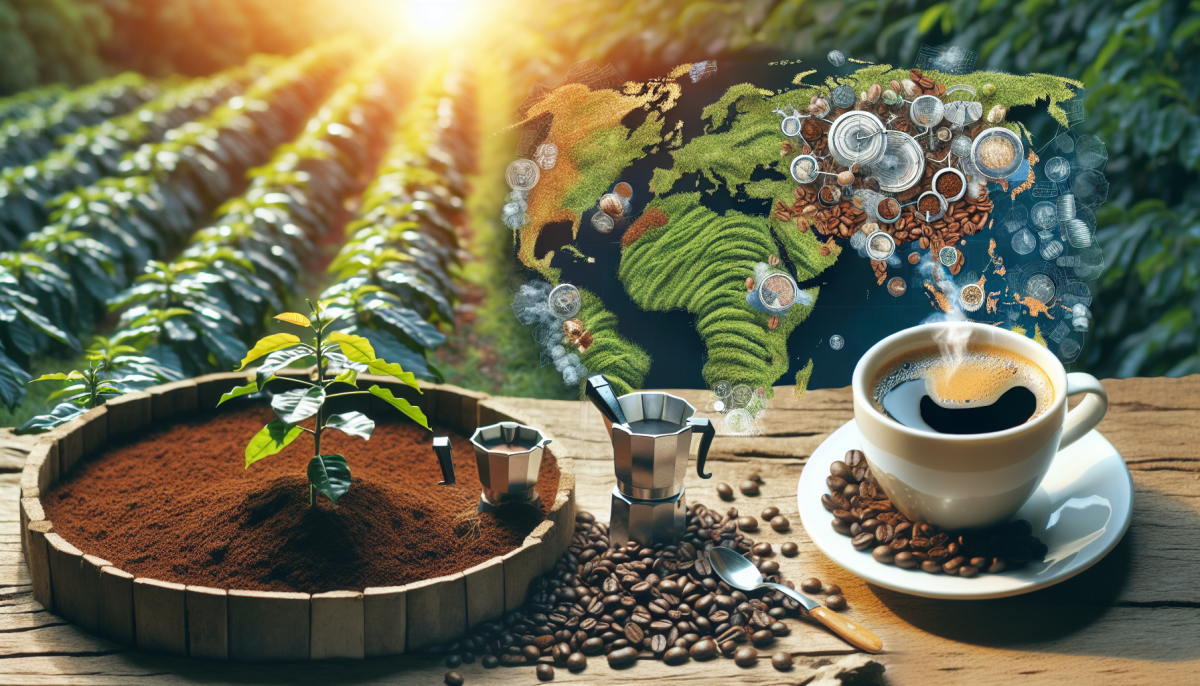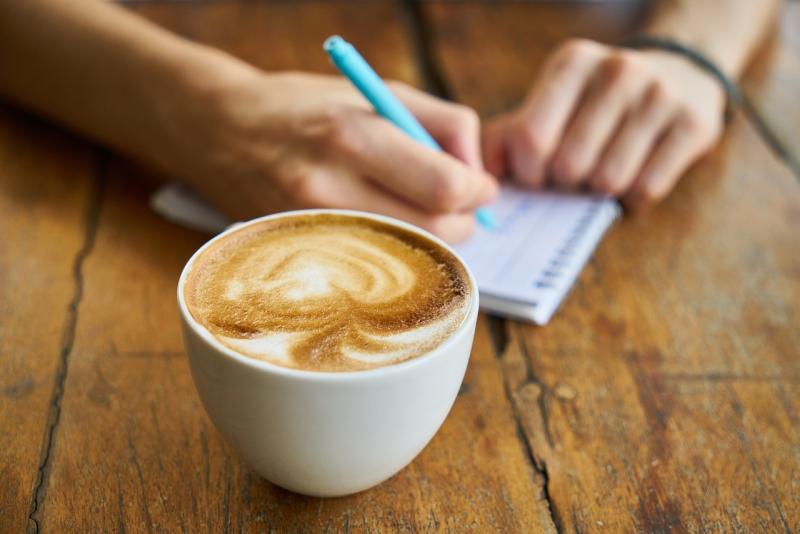Coffee has a rich history that goes back centuries. It all began in Ethiopia, where a goat herder named Kaldi discovered that his goats became energetic after munching on coffee cherries. From Ethiopia, coffee made its way to the Arabian Peninsula, where it turned into a popular drink in the 15th century. Coffeehouses, known as "qahveh khaneh," sprang up in cities like Mecca and Baghdad, quickly becoming hubs for conversation and socializing. People gathered to exchange ideas, play games, and enjoy the stimulating brew.
As coffee traveled to Europe in the 17th century, it sparked a cultural transformation. Coffeehouses opened in major cities like London and Paris, attracting thinkers, writers, and artists. These spots became known as "penny universities" because people could engage in lively discussions over a cup of coffee for just a penny. The drink was a refreshing alternative to alcohol, and it helped foster an environment where creativity and intellect flourished.
By the 18th century, coffee became a global commodity. European colonizers started cultivating coffee in various regions, including the Caribbean and South America. This led to the establishment of large plantations, which sometimes relied on slave labor. The demand for coffee influenced trade routes and economies, helping shape the world we live in today.
Today, coffee is more than just a drink; it's a daily ritual for millions. It connects people through shared experiences and has changed the way we approach work and leisure. Whether it's a quick espresso on the go or a cozy chat over a cappuccino, coffee continues to be a unifying force in our culture.
How Coffee Became a Social Connector
Coffee isn't just a drink; it's a powerful social connector. Think about it: how often do you grab a cup of coffee with a friend or chat over a steaming mug at a café? From cozy catch-ups to important meetings, coffee has been at the heart of many memorable conversations.
When coffee houses started popping up in cities around the world, they became the go-to spots for people to gather and share ideas. These places weren’t just about sipping a hot beverage—they were hubs for creativity, culture, and sometimes even revolution. Writers, artists, and thinkers found inspiration in the buzz of coffee-fueled chatter.
Even today, coffee brings us together. Whether it’s a quick catch-up before work or a leisurely weekend brunch, that simple act of sharing a cup creates connections. In many cultures, offering someone coffee is a gesture of hospitality, showing you care about their comfort. It’s amazing how a simple drink can lead to friendships and partnerships.
Plus, with the rise of remote work and virtual gatherings, coffee still plays a big role. Many people set up virtual coffee breaks to connect with colleagues or friends, making the experience just as social even when miles apart. Coffee continues to adapt but always stays at the center of our social lives.
Cultural Rituals Surrounding Coffee Drinking
Coffee is more than just a drink; it’s a cultural phenomenon that brings people together. Across the globe, different countries have unique rituals when it comes to enjoying a cup of coffee. In Italy, for example, espresso is a quick, daily ritual. Italians might stop by a café, sip their espresso standing up at the bar, and then head off on their way. It’s all about efficiency and enjoyment in a bustling environment.
In Turkey, coffee holds a special place in social gatherings. The brewing process is often a collaborative event, where friends and family come together to enjoy not just the beverage, but the company. Turkish coffee is rich and thick, served in small cups, and accompanied by something sweet. The tradition of fortune-telling with coffee grounds also adds a mystical aspect to the experience.
In Ethiopia, coffee ceremonies are an essential part of social life. This elaborate ritual often takes hours. It involves roasting green coffee beans, grinding them, and brewing them in front of guests. The inviting aroma fills the room as friends and family gather to enjoy the strong, flavorful brew. It’s not just about the coffee; it's about connection and community.
Even in Sweden, coffee drinking has its own charm. The "fika" is a cherished tradition where people take a break to enjoy coffee and pastries together, whether at work or home. It’s a time to relax, chat, and enjoy life’s simple pleasures. This social coffee break fosters relationships and creates a sense of belonging.
Coffee's Impact on Modern Life Today
Coffee isn’t just a morning pick-me-up; it’s a big deal in our everyday lives. For many, that warm cup of joe is the first thing they reach for after waking up. It kickstarts the day, gives you the focus you need to tackle tasks, and even makes those early meetings a little more bearable. Whether you brew it at home or grab one from your favorite café, coffee sets the tone for the day.
Today, coffee culture is everywhere. You can find specialty shops with all sorts of brews, from single-origin blends to fancy lattes topped with art. It’s not just a drink; it’s an experience. People gather in coffee shops to work, catch up with friends, or simply relax. These cozy spots often become local hubs, where community happens over steaming mugs.
Coffee also plays a huge role in our social lives. Meeting for coffee has become a go-to for everything from casual hangouts to serious business discussions. It’s about connecting, building relationships, and making memories, all over a shared love for this caffeinated delight. This social aspect of coffee can bring people together from all walks of life, creating a sense of belonging.
Plus, coffee isn’t just a personal choice; it’s part of a global movement. From sustainable farming practices to fair trade initiatives, many coffee lovers care about where their beans come from. Consumers are increasingly seeking out brands that prioritize ethical sourcing, making their morning brew a conscious choice. It’s powerful how something as simple as coffee can spark conversations about the environment and social justice.



